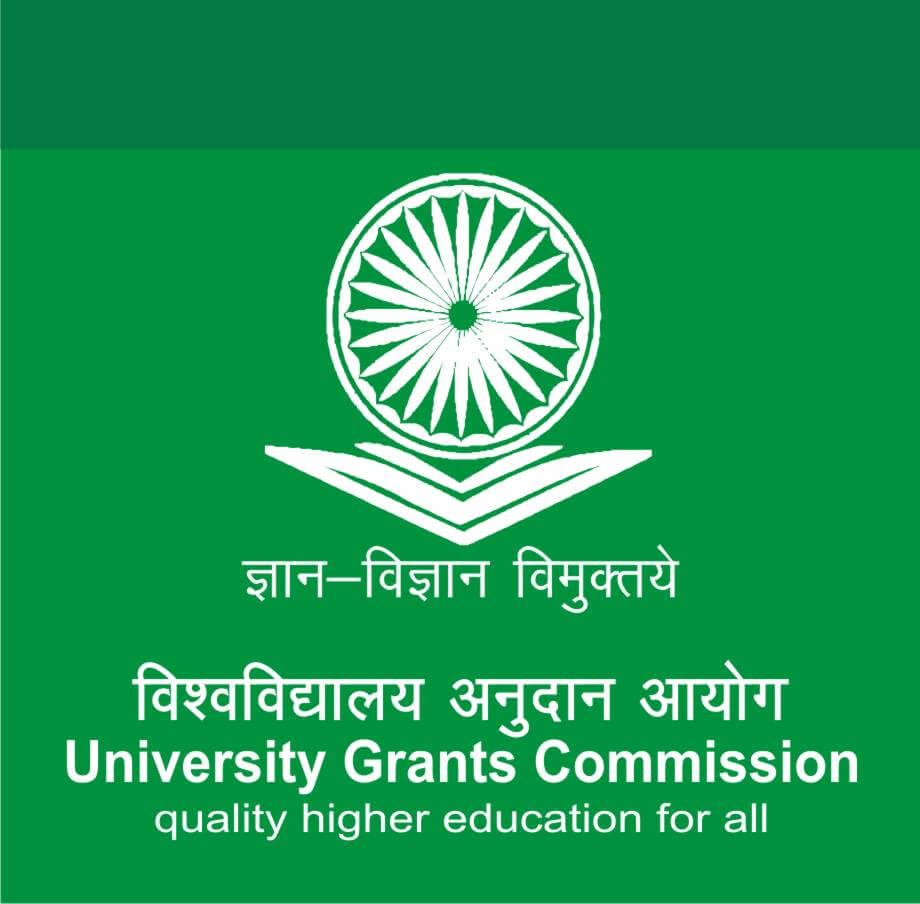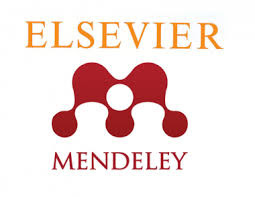INTERNATIONAL JOURNAL OF CREATIVE RESEARCH THOUGHTS - IJCRT (IJCRT.ORG)
International Peer Reviewed & Refereed Journals, Open Access Journal
ISSN Approved Journal No: 2320-2882 | Impact factor: 7.97 | ESTD Year: 2013
Call For Paper - Volume 12 | Issue 5 | Month- May 2024
Scholarly open access journals, Peer-reviewed, and Refereed Journals, Impact factor 7.97 (Calculate by google scholar and Semantic Scholar | AI-Powered Research Tool) , Multidisciplinary, Monthly, Indexing in all major database & Metadata, Citation Generator, Digital Object Identifier(DOI)
Contact Us Click Here
WhatsApp Contact Click Here
Published Paper Details:
Paper Title
HEALTH IMPLICATIONS OF A1 AND A2 COW MILK PROTEINS
Authors
Manisha Parihar, Prof RS Chauhan
Keywords
Genetic mutations, A1 A2 milk, BCM-7, Opioids, Autism, Autoimmune diseases, Schizophrenia, Leaky Gut disease, Indian Zebu Cattle.
Abstract
Milk is an excellent source of high quality proteins, carbohydrates, calcium and other micronutrients. Milk proteins are composed of mainly casein and whey. The casein gene has mutated over time and has resulted into 12 genetic variants. Out of these A1 is the most common one while A2 is the original one. The mutation resulted in the replacement of Proline with histidine at position 67th of the ?-casein of A1 variant. A1 ?-casein on enzymatic digestion produces beta casomorphine 7. BCM-7 is a seven amino acid long peptide it interacts with the human gastrointestinal tract, internal organs, and brainstem and is associated with the occurrence of type-1 Diabetes, mental disorders and heart diseases. Many auto-immune diseases and sudden infant death syndrome were also known to be potentiated by A1 milk. In a hypothesis, it was suggested that the long time consumption of A1 milk is associated with increased mucous production and is associated with further worsening the respiratory tract diseases particularly asthma. While A1 milk is known to cause heart diseases, A2 milk is known to be athero-protective in nature; its consumption is not associated with any such diseases, because A2 milk produce BCM-9 which have no such ill effects. Indian breeds produced only A2 milk but with the continuous use of the European breeds in selective breeding to increase milk production, gradually A1 allele have propagated through the breeding programme. Now the situation is that most of the cattle population of our country is composed of the crossbred animals which have high milk production but A1 allele in their genome. So It is right time to draw the attention of policy makers, farmers to stop the indiscriminate cross-breeding of our local breeds of cattle with the exotic breeds just to increase the milk production; rather preserve and maintain our own Indian breeds for milk production and use the selection criteria for further enhancement of their production. Initially cross breeding with exotic cattle may appear as a profitable entrepreneurship to do in the present scenario but it will have many serious implications in the future not only from health point of view but also in terms of overall profits in long term of 10-20 years. The germplasm of our indigenous cattle is unique, apart from being a source of A2 milk, which in itself is a great blessing, our cattle breeds have excellent adaptation potential and disease resistance. Besides this, the urine and dung can be utilized for the development of medicinal, cosmetic, organic farming and various other useful products. Hence, strategies should be made in such a way so as to conserve and improve our indigenous breeds. Many western countries are either not aware of these facts or knowingly ignoring the above beneficial effects of Indian zebu cattle and moreover, they were not offered the choice of A1 and A2 milk but fortunately we have it as a matter of chance and blessings of the nature and now it is up to us to decide whether we should use A2 milk having beneficial health promoting potential or regressively destroy our future generations through A1 milk of exotic cows. Also it is pertinent to mention that the conclusions drawn on the basis of the harmful effects of A1cow milk in western countries cannot be applied as such on the people of Indian sub-continent because the A2 milk of Indian Zebu cattle is considered as nectar (Amrit) which is beneficial to heath and makes the body immunologically and mentally strong enough and refractory to most of the infectious diseases, new infections and cancers.
IJCRT's Publication Details
Unique Identification Number - IJCRT2005309
Paper ID - 194803
Page Number(s) - 2383-2397
Pubished in - Volume 8 | Issue 5 | May 2020
DOI (Digital Object Identifier) -
Publisher Name - IJCRT | www.ijcrt.org | ISSN : 2320-2882
E-ISSN Number - 2320-2882
Cite this article
Manisha Parihar, Prof RS Chauhan, "HEALTH IMPLICATIONS OF A1 AND A2 COW MILK PROTEINS", International Journal of Creative Research Thoughts (IJCRT), ISSN:2320-2882, Volume.8, Issue 5, pp.2383-2397, May 2020, Available at :http://www.ijcrt.org/papers/IJCRT2005309.pdf
Article Preview
Indexing Partners
Call For Paper May 2024
Call For Papers
May 2024
Volume 12 | Issue 5
Last Date :
31-May-2024
Submit Manuscript Online Impact Factor: 7.97 Review Results : Within 02-03 Days Paper Publication : Within 02-03 Days
May 2024
Volume 12 | Issue 5
Last Date :
31-May-2024
Submit Manuscript Online Impact Factor: 7.97 Review Results : Within 02-03 Days Paper Publication : Within 02-03 Days
Published Issue Details
For Authors
Forms / Downloads
Other IMP Links
Indexing Partner
Research Area
LICENSE
ISSN and 7.97 Impact Factor Details

ISSN: 2320-2882 Impact Factor: 7.97 and ISSN APPROVED Journal Starting Year (ESTD) : 2013
ISSN and 7.97 Impact Factor Details

ISSN: 2320-2882 Impact Factor: 7.97 and ISSN APPROVED Journal Starting Year (ESTD) : 2013
DOI Details
CONFERENCE
CONFERENCE MANAGMENT & PUBLICATION CONFERENCE PROPOSAL
RECENT CONFERENCE

CONFERENCE PROPOSAL CONFERENCE PROCEEDINGS

CONFERENCE PROPOSAL CONFERENCE PROCEEDINGS
For Reviewer /Referral (RMS) Earn 500 per paper
Important Links
NEWS & Conference
Digital Library
IJCRT RMS | Earn 500 Per Paper.
LICENSE
Indexing Partner





































































